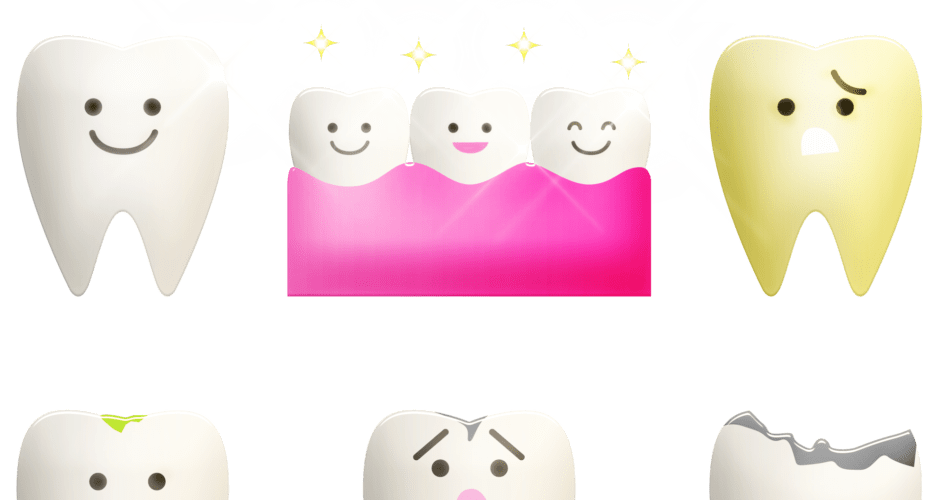If you thought you could predict everything about your life, you’ve probably already figured out that you’re wrong. Life is unpredictable and will throw curveballs along the way. You can find strength in many places, but that’s life quotes for mental strength is one of the easiest ways.
Throughout life, you’ll likely make plans and thing you have everything all figured out. Unfortunately, it doesn’t always go as planned.
Right now is when you need to pick up the pieces and figure out a new plan. If the plan is staying the same, you have to decide to try again. No matter the course you take, these that’s life quotes that give you mental strength may help.
That’s Life Quotes to Make You Mentally Stronger
1. “The problem with having problems is that ‘someone’ always has it worse.” – Tiffany Madison, in Black and White
It’s a part of life that there are problems and, even still, someone else will always have it worse. This reason is why you can’t compare your troubles to someone else’s concerns.
Since there should be no comparison, remind yourself that your troubles are all yours. Remember that you could always have it worse and just focus on getting through the problem.
2. “Each day is born with a sunrise and ends in a sunset, the same way we open our eyes to see the light and close them to hear the dark. You have no control over how your story begins or ends. But by now, you should know that all things have an ending. Every spark returns to darkness. Every sound returns to silence. And every flower returns to sleep with the earth. The journey of the sun and moon is predictable. But yours is your ultimate ART.” – Suzy Kassem
Although you have no control over the beginning or end of your life, each moment is a piece of your life’s art.
Think of all the moments Kassem mentioned in her quote. Each moment is uncontrollable but still beautiful and unique. Think of this when there are moments in life when you can’t control the outcome.
3. “It takes energy, mental toughness, and spiritual reinforcement to successfully deal with life’s opportunities, and to reach your objectives.” – Zig Ziglar
You have to stay strong despite any obstacles or events that stand in your way. Remain strong, and you will get through whatever life has planned for you. Then, you’ll reach your goal and have even more to be proud of than if the path had been easy.
4. “The shadows of life add depth and dimension to our journey, like route markers along our path. They are never intended to dominate our life with darkness; neither do they determine our ultimate destiny.” – Anthon St. Maarten
Things happen in life that you hadn’t hoped for or predicted. This disappointment is okay and normal because it’s all just a simple fact of life.
These moments aren’t supposed to put a damper on your life, and they’re not meant to ruin it. Instead, these moments are intended to put you on the path that was meant for you. They’re intended to be a part of your story and your destiny.
5. “We love being mentally strong, but we hate situations that allow us to put our mental strength to good use.” – Mokokoma Mokhonoana
Instead of hating the moments that require you to be mentally strong, embrace them. Think of those times as a chance to show the depth of your mental strength. Without encountering these moments, your mental strength will never develop further.
6. “A journey away from yourself does not exist. Embrace your strength and vulnerabilities. This could be the greatest lesson you can ever learn.” – J.R. Incer, in Mastering Success: The Key to Self-Empowerment and Higher Consciousness
You can’t escape yourself, nor should you want to. Each moment that tests you has the potential to be the best life lesson. Accept the parts of yourself that you cannot change and use the lessons to reach your full potential.
7. “If we never experience the chill of a dark winter, it is very unlikely that we will ever cherish the warmth of a bright summer’s day. Nothing stimulates our appetite for the simple joys of life more than the starvation caused by sadness or desperation. In order to complete our amazing life journey successfully, it is vital that we turn each and every dark tear into a pearl of wisdom, and find the blessing in every curse.”
– Anthon St. Maarten, in Divine Living: The Essential Guide To Your True Destiny
Without the hard times, you’ll experience in life, you’ll never know how great the good times can be. It’s the hard times that make the happy times worth it. This is all part of your life, so make the most of it.
8. “When you’re different, sometimes you don’t see the millions of people who accept you for what you are. All you notice is the person who doesn’t.” – Jodi Picoult
In life, everyone is different from the next person. Even so, many people love you for who you are.
Unfortunately, as Picoult said, you may fixate on one person who doesn’t appreciate who you are. Try to avoid that trap, because what makes you different is what makes you great.
9. “The ability to continue moving when you are feeling scared, fearful or lazy is the sign of true mental strength.” – Matthew Donnelly
Life will get in the way of your goals. You’ll feel many different negative emotions. To get mental strength, you’ll have to push through and keep going for the goal.
10. “Just pick a goal, a goal you truly want to achieve, and take a clear-eyed look at your weaknesses – not so you’ll feel less confident, but so you can determine exactly what you need to work on. Then get to work. Celebrate small successes. Analyze your weaknesses. Keep going. As you gain skill, you’ll also gain a feeling of genuine confidence, one that can never be taken away – because you’ve earned it.” – Unknown
To reach your goal, you have to address your weak points. You need to do this so that you are more prepared for what’s to come. This way you can work harder on those weaknesses, and the small victories along the way will be even better.
11. “Some of us aren’t meant to belong. Some of us have to turn the world upside down and shake the hell out of it until we make our own place in it.” – Elizabeth Lowell, in Remember Summer
As mentioned before, everyone is different in their way. You aren’t meant to be just like anyone else, so you won’t always belong.
When this is the case, you have to do things your way to find where you belong. You will find that place, though, if you just keep figuring it out.
12. “Don’t wait until everything is just right. It will never be perfect. There will always be challenges, obstacles, and less than perfect conditions. So what? Get started now. With each step you take, you will grow stronger and stronger, more and more skilled, more and more self-confident, and more and more successful.” – Mark Victor Hansen
Life is never perfect, and nothing ever plays out the way it was planned. Things are always slightly off. Just keep moving forward and those obstacles won’t seem so huge anymore.
13. “At the end of your struggles, challenges, and obstacles comes the mental strength to cross many boundaries in the future.” – Edmond Mbiaka
As long as you keep trying and never give up, you’ll find the mental strength you need to go on. There are no boundaries that cannot be crossed as long as you stay strong.
14. “Maybe life is playing the role it should: forever taking us on a journey where it makes it impossible for us to predict what will happen next.” – Nico J. Genes
Life is unpredictable, and that’s the way it’s supposed to be. As long as you play along and keep rolling with the unexpected, you’ll be just fine.
15. “The wilderness journey is about transformation. For you, it could be a personal, spiritual, or professional drought. A desert season of confusion, frustration, and unproductivity. It’s an in between stage. Something significant has ended or begun. Yet it provides opportunity for expansion, wisdom, and joy.” – Dana Arcuri, in Sacred Wandering: Growing Your Faith In The Dark
No matter what life has given you, know that the hard times are only leading to something more. Those hard times are what you will learn from. The learning experiences will give you all the tools you need to work on the next step of life.
Final Thoughts on That’s Life Quotes That Give You Mental Strength
Life is highly unpredictable. Even after working so hard for something, it can disappear in an instant. While this may be hard to accept, it’s a part of life.
These that’s life quotes may give you the mental strength you need to proceed in your life. Don’t give up. Keep trying no matter what comes your way.




























